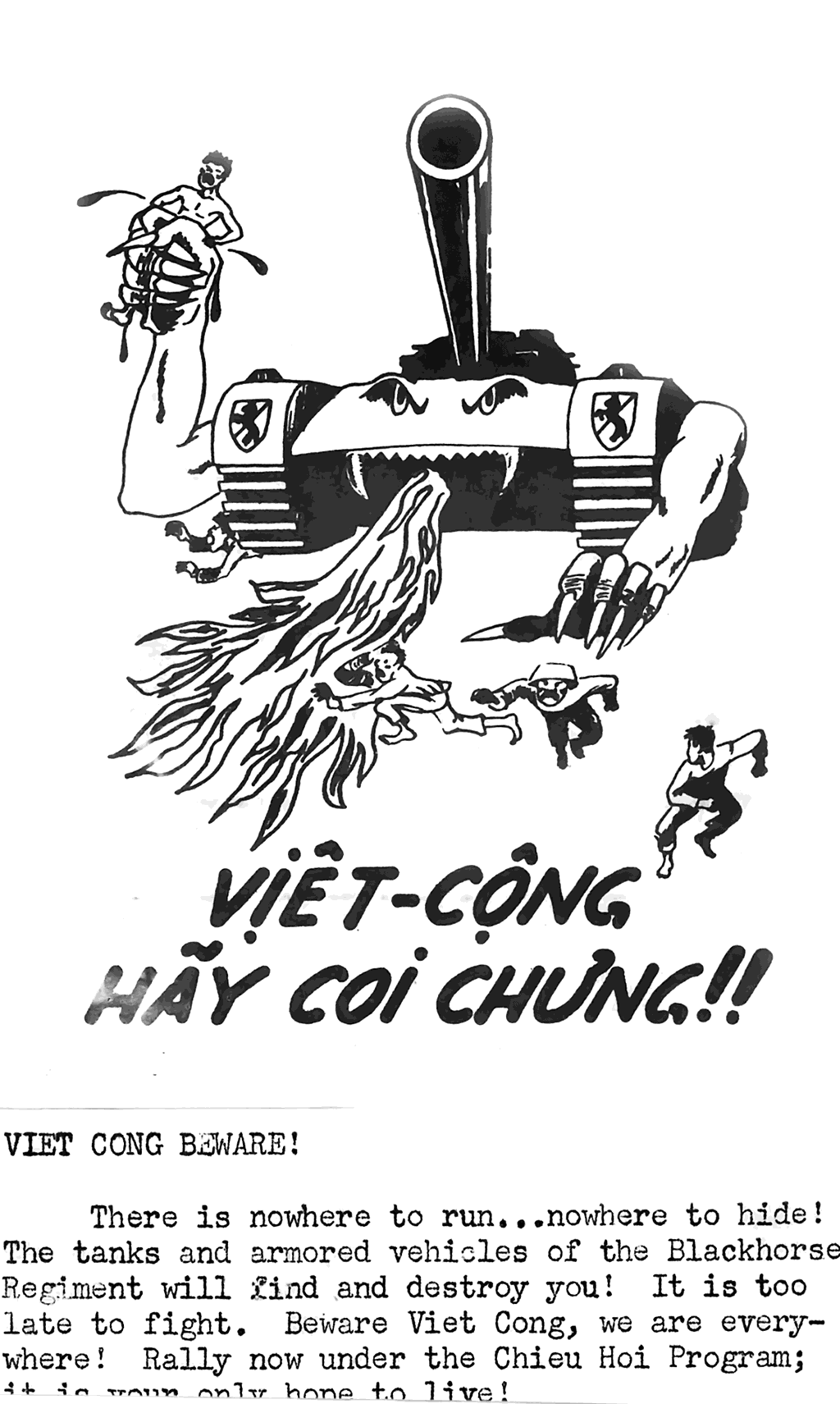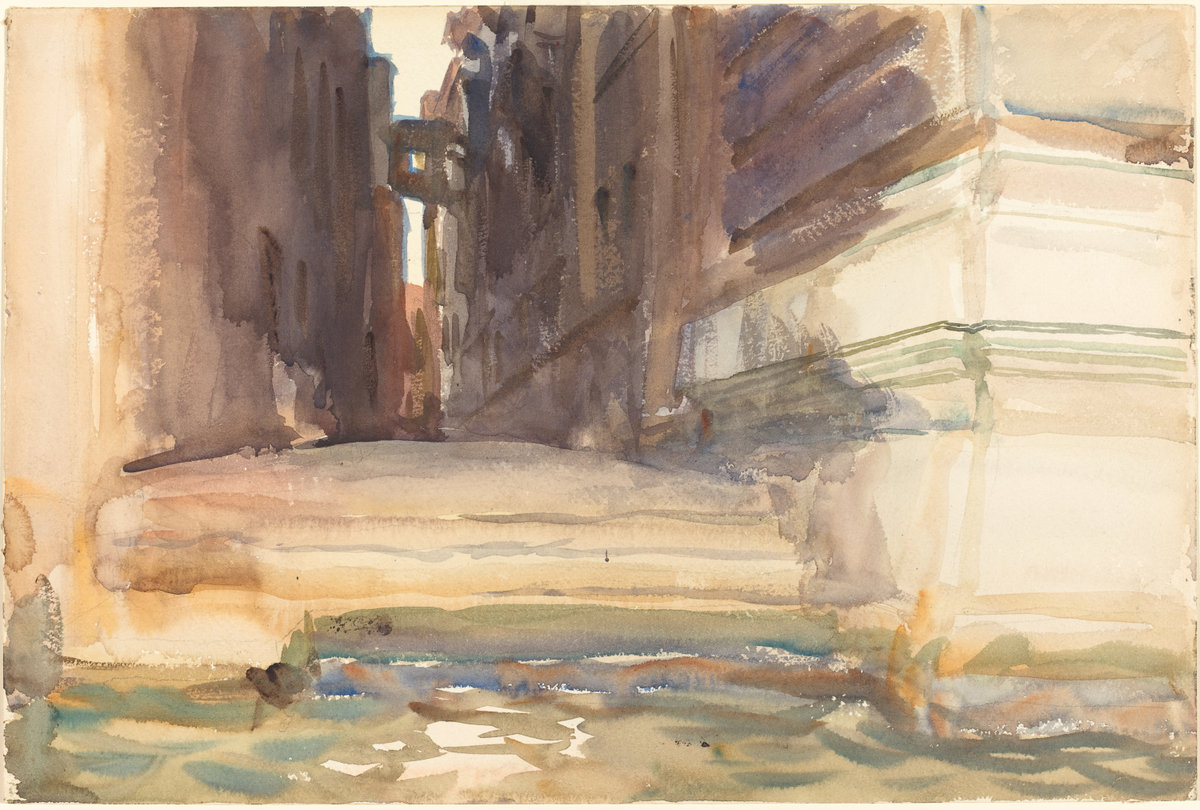As Cote d’Ivoire prepares for elections, can recent economic success insulate the country from political violence? A reflection on the 2007-8 electoral violence in Kenya suggests not; however, all hope is not lost. Also on the African campaign trail, observers should take note of the potential for conflict in upcoming Tanzanian elections – gerrymandering and a climate of fear may portend bad news in Zanzibar. Some politicians even argue that a win by the opposition Civic United Front could result in the return of the Zanzibar Sultanate. And following in the footsteps of Rwanda’s Kagame and Burundi’s Nkurunziza, Congolese President Denis Sassou Nguesso seeks to extend his rule – and a heavy handed response to opposition supporters seems to be the norm.
Last week we mentioned President Obama’s decision to send military personnel to Cameroon to assist in the fight against Boko Haram. While the promised 300 troops may seem minimal, closer observation reveals an exponential increase in US military engagement across the continent. But despite increasing involvement from the US, the African Union has finally begun training exercises for its own 25,000-strong force known as the African Standby Force. Unfortunately, the force may see action sooner rather than later as Boko Haram attacks continue.
Despite a recent cease-fire proposal, the situation in Yemen seems to get messier by the day. Some reports suggest that Saudi belligerency has increased as US officials seek to placate their Saudi counterparts in the aftermath of the Iran nuclear deal. As if the cast of actors was not long enough (discussed previously at PV@Glance here), Sudan has now pledged 10,000 ground troops to assist the Saudis in Yemen. And while the geopolitical chess match continues, the number of children facing starvation in the country has tripled since fighting erupted in March.
While Nordic countries such as Sweden are often known for their hospitable, welcoming policies towards migrants, recent advances by the far-right Swedish Democrats suggest all is not well. However, the tension is not just political, as demonstrated by recent arson attacks against refugee centers and a gruesome attack on Thursday. And while problematic responses to the refugee crisis in Eastern Europe have been well documented, one report suggests that the current tensions emanate from a history chequered with national traumas.







